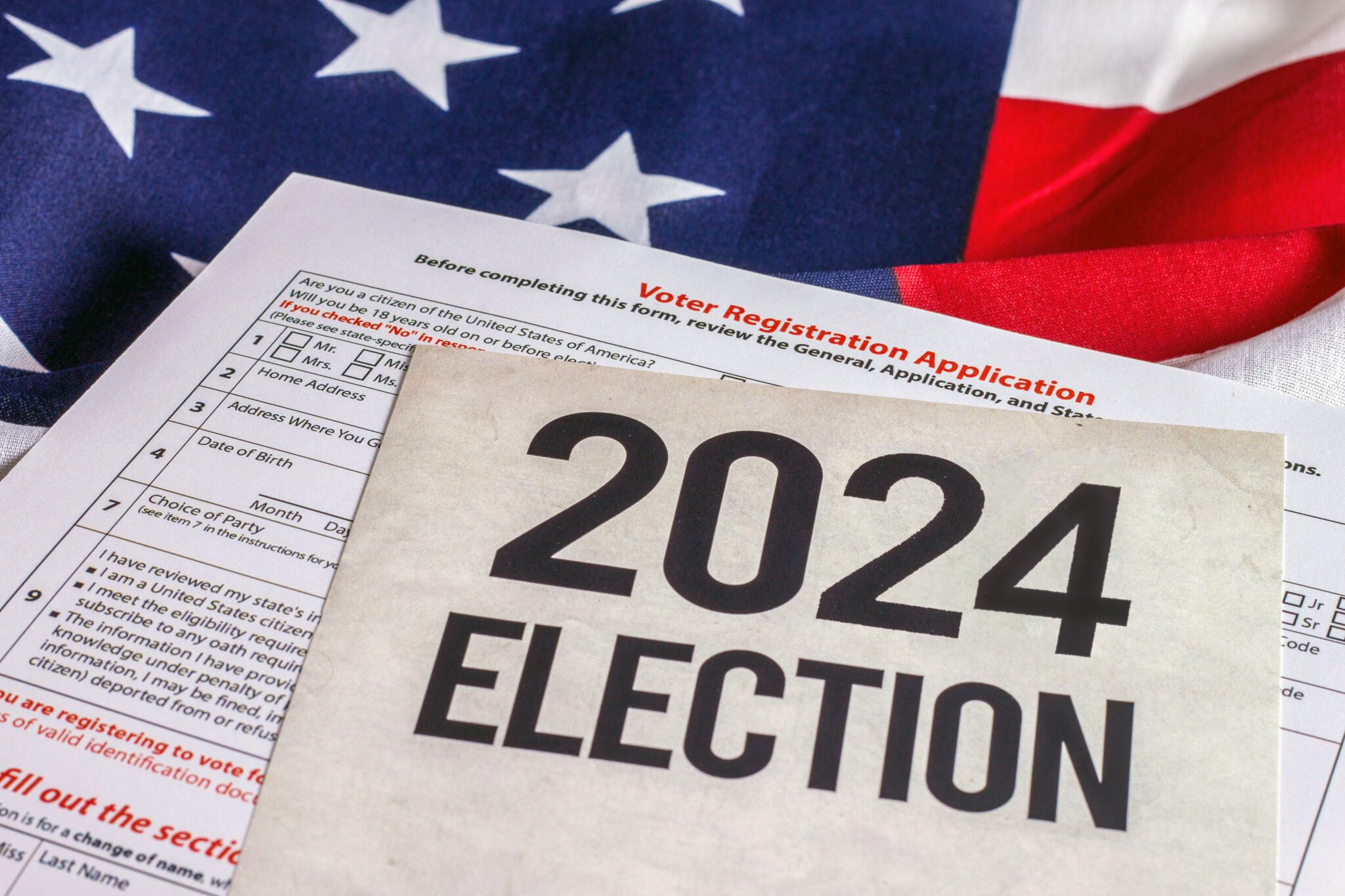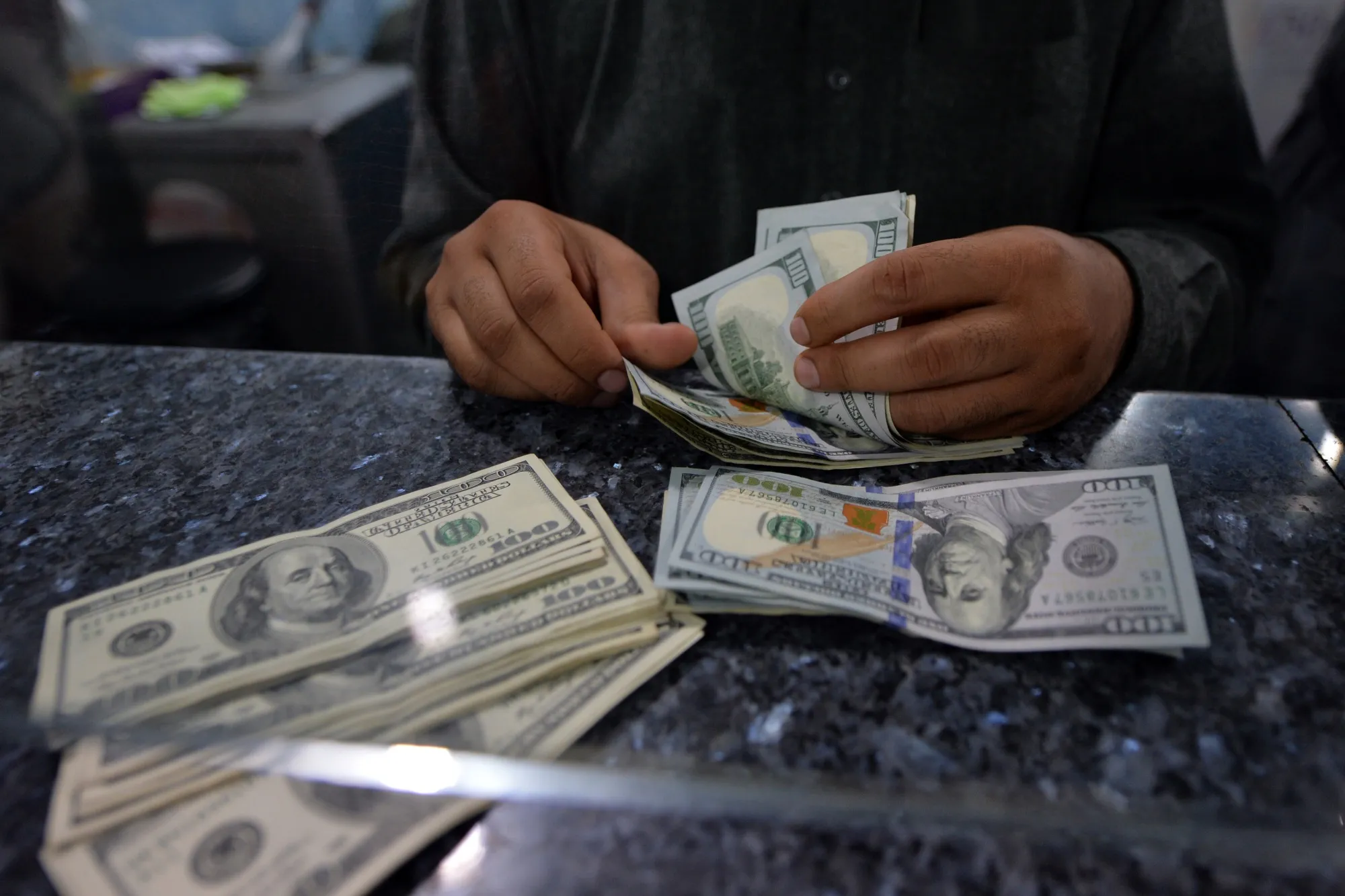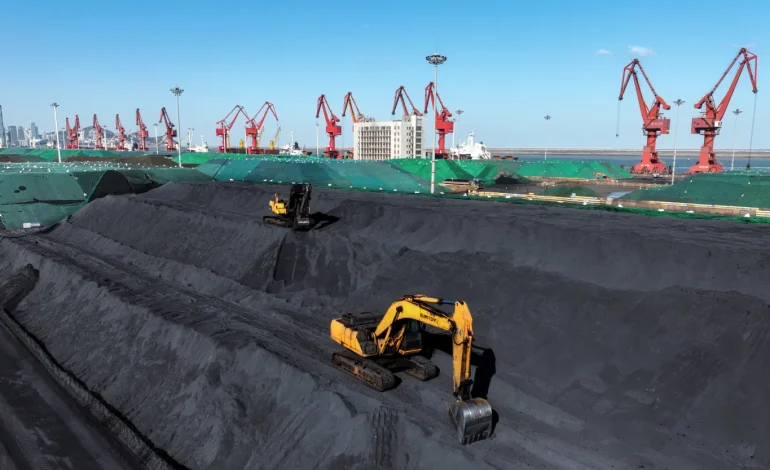China’s industrial profits took a sharp downturn in August, marking their steepest decline this year, according to data from the National Bureau of Statistics (NBS) released on Friday.
Profits fell by 17.8% year-on-year in August, reversing a 4.1% increase in July. This downturn highlights the mounting pressures on China’s economy amid weakening demand and ongoing challenges in key sectors.
For the first eight months of 2023, industrial profits rose by just 0.5%, a significant slowdown from the 3.6% growth recorded in the January-to-July period. The NBS attributed the sharp drop in August to several factors, including reduced market demand and the impact of natural disasters, such as heavy rains, high temperatures, and floods in various regions.
The slump in profits was exacerbated by declining performance in the automotive and equipment manufacturing industries, noted Zhou Maohua, a macroeconomic researcher at China Everbright Bank. The slowdown in industrial profits reflects broader concerns about China’s economic recovery, which has been hindered by weak domestic demand, a struggling real estate sector, and rising unemployment.
Major industries, including mining and oil, experienced the largest profit declines in the January-to-August period. Meanwhile, electronic equipment manufacturers and metal processors, excluding iron, reported gains, signaling that some sectors remain resilient despite the overall downturn.
State-owned enterprises saw profits fall by 1.3% over the first eight months, while non-state-owned businesses posted a modest 2.6% increase. Foreign-invested firms, including those from Hong Kong, Macao, and Taiwan, fared better, with profits rising by 6.9% during the same period.
In response to the weakening industrial data and broader economic slowdown, Chinese leaders have pledged stronger fiscal and monetary policy support. On Thursday, top officials, including President Xi Jinping, called for urgent action to address the ongoing property slump and provide fiscal stimulus. The government plans to issue $284 billion in sovereign debt, with some funds allocated to support families with two or more children.
The People’s Bank of China (PBOC) also moved to stimulate the economy this week by cutting the reserve requirement ratio for banks by 50 basis points, its most aggressive action since the pandemic. This was accompanied by a reduction in the 7-day reverse repurchase rate to 1.5%, down from 1.7%.
Despite these measures, analysts have expressed concerns that more robust fiscal support will be needed to restore confidence in the economy. Global brokerages have already revised their forecasts for China’s 2024 economic growth to below the official target of around 5%.
Economic data from August painted a grim picture, with retail sales rising by just over 2% year-on-year and industrial production growing by 4.5%, both slower than expected. Real estate investment fell by 10.2% for the year through August, mirroring the previous month’s decline. The urban unemployment rate also ticked up to 5.3% in August, reflecting ongoing labor market challenges.
As China grapples with these economic headwinds, the sharp decline in industrial profits underscores the difficulties facing its industries and the broader economy, even as policymakers take steps to reignite growth.









